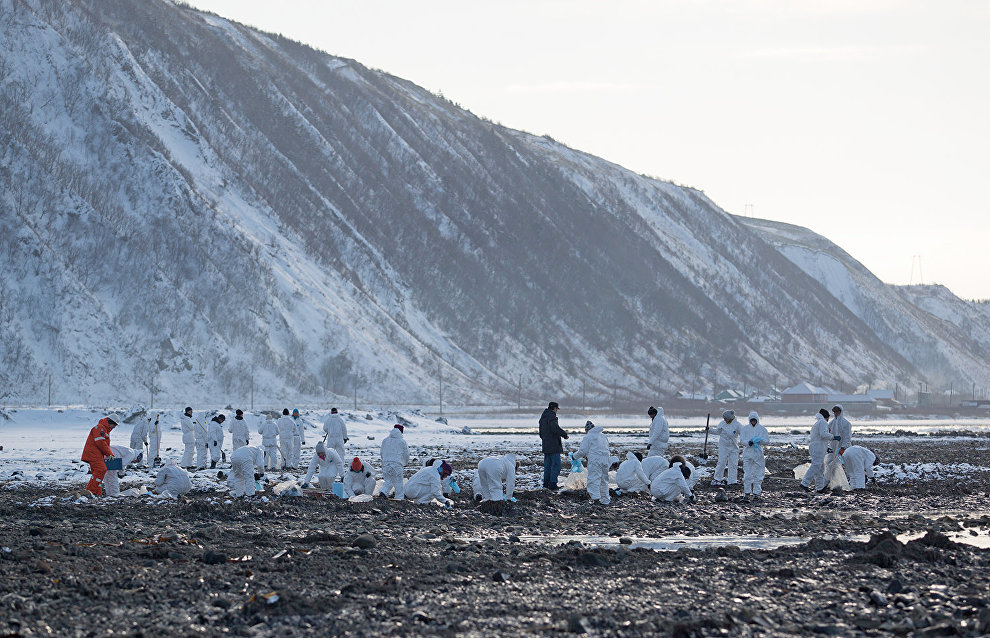Bunker fuel to be banned in the Arctic
The use of bunker fuel in the Arctic may be banned within the next several years. A working group of the Sub-Committee on Pollution Prevention and Response (PPR 6) of the International Maritime Organization (IMO) drafted and obtained approval of amendments to Annex I, Regulations for the Prevention of Pollution by Oil, to the International Convention for the Prevention of Pollution from Ships (MARPOL).
The amendments were presented and adopted at a plenary session of the sub-committee in London. It is expected that the ban will enter into force on July 1, 2024. Double-hull vessels will be exempted and permitted to use bunker fuel until July 2029.
Fleets of the Arctic littoral states (Russia, Canada and others) will also have an extended term of using bunker fuel, until 2029, due to the fact that they are involved in delivering supplies to northern territories. The IMO will determine the rules for permit issuance in a separate regulation.
"Our country can become an example of shifting away from using any oil products as marine fuel in the Arctic in the next few years. According to our estimates, in 2019 the share of transit shipping operations along the Northern Sea Route involving vessels running on liquefied natural gas (LNG) accounted for 43 percent, a result that nobody in the Arctic has even come close to so far. It is important to stress that switching to LNG not only eliminates the risk of oil spills but also significantly reduces the emission of contaminants and soot in the air. Therefore, the entire scope of environmental advantages of LNG use can make Northern Sea Route navigation more competitive," commented Alexei Knizhnikov, Head of the Program for Environmental Responsibility of Businesses at WWF Russia.
Alexei Knizhnikov noted that bunker fuel accounts for around 75 percent of all fuel currently used in Arctic navigation. Bunker fuel spills cause a huge amount of damage to the indigenous people and marine ecosystems in the Arctic, killing birds, fish and animals. Residual fuel disintegrates very slowly in cold waters and is almost impossible to remove if spilled. Moreover, using fuel oil results in the substantial discharge of such contaminants as sulphur oxide and soot particulates (black carbon). For this reason, residual fuel oil is already prohibited in the Arctic.
